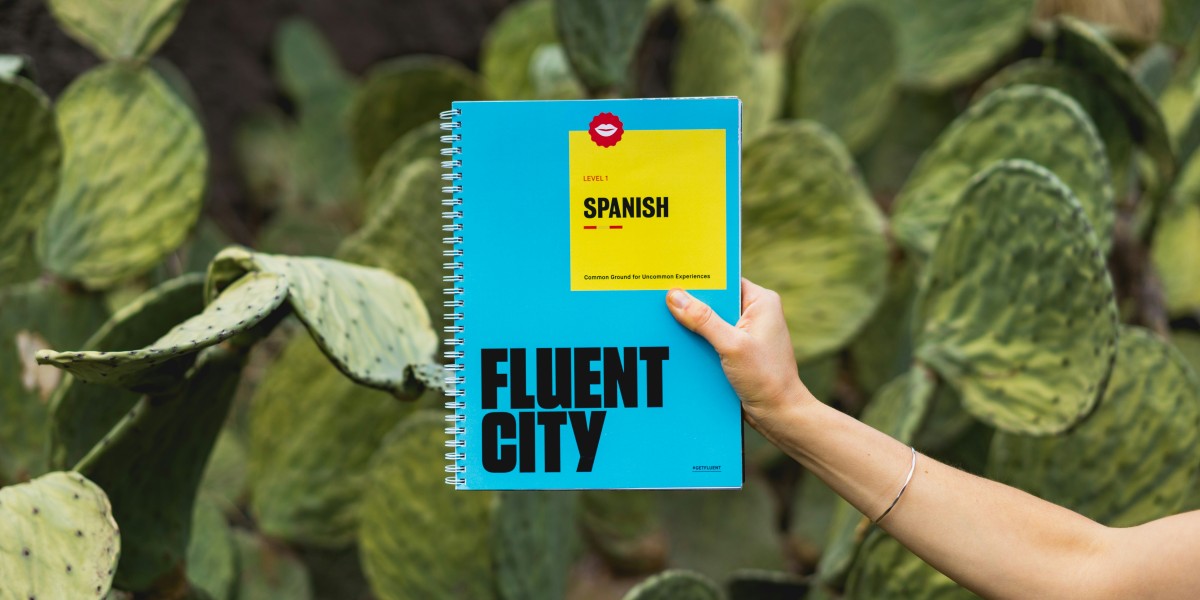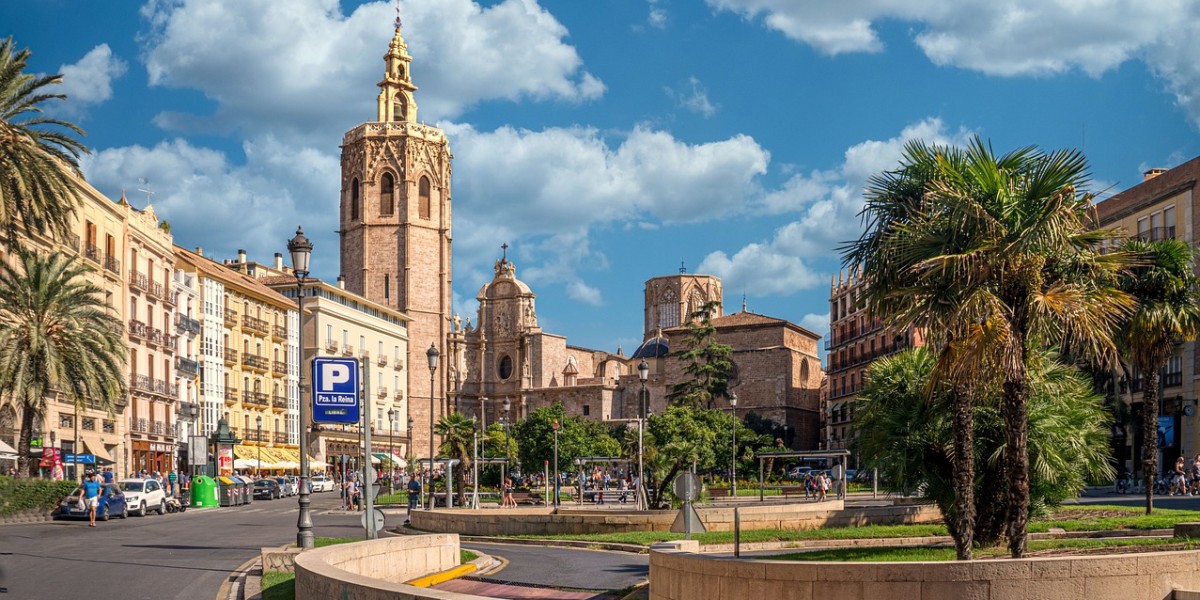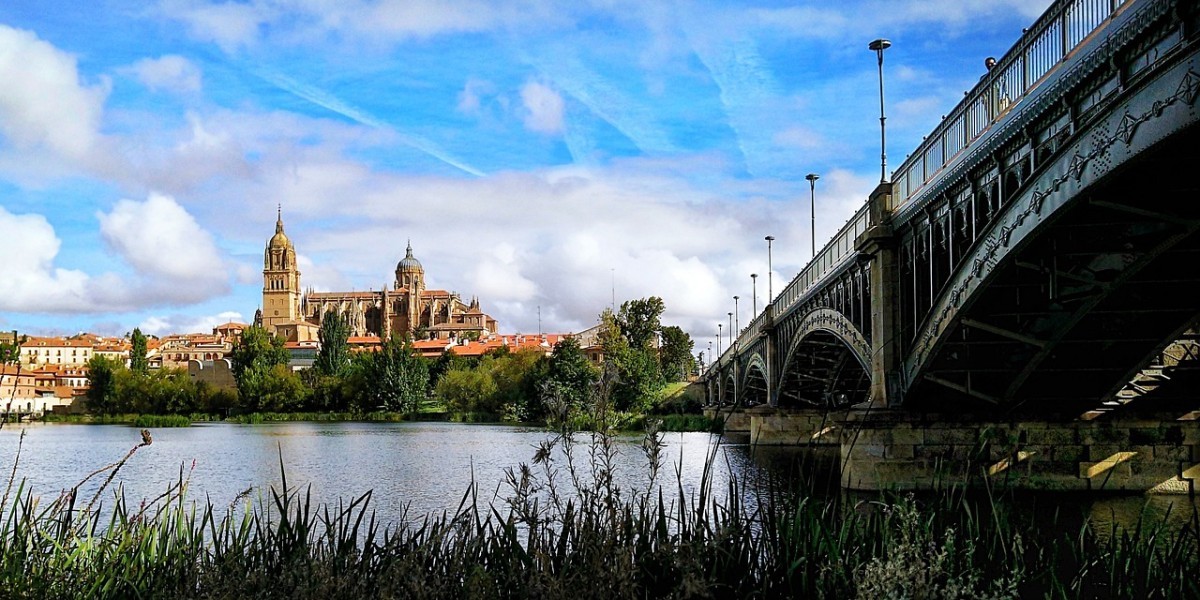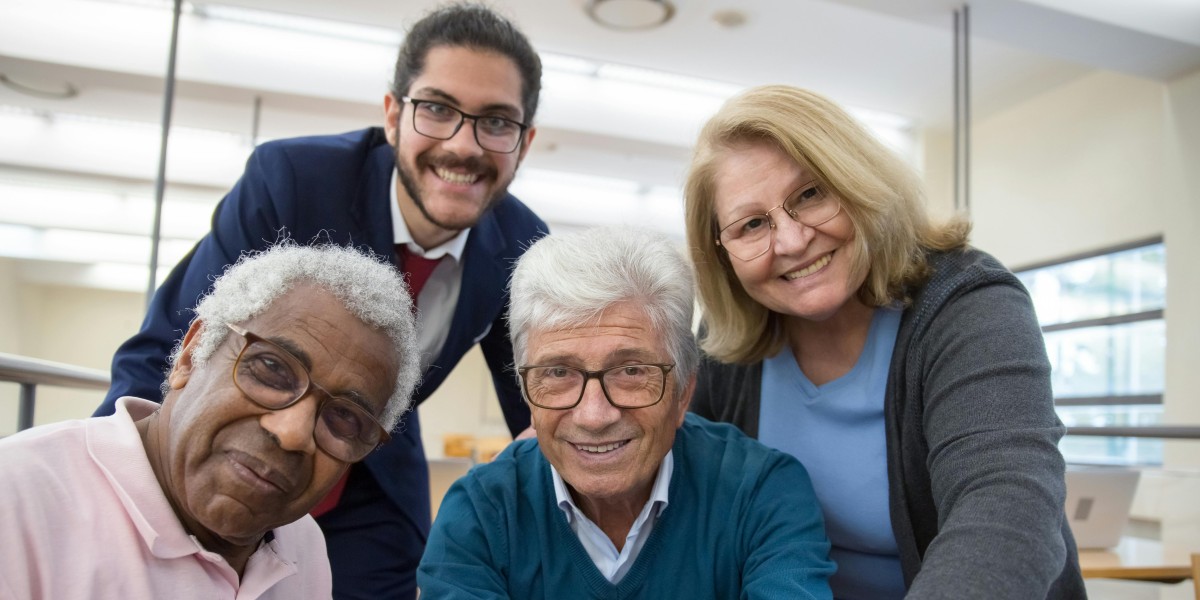
Spain provides an ideal setting for people to immerse themselves in both the language and lifestyle, with its diverse regions each offering a unique dialect and cultural flavour. Cities like Barcelona, Granada, and Salamanca are renowned for their educational institutions and lively cultural scenes, making them popular choices for adults worldwide looking to learn Spanish. The Instituto Cervantes and Don Quijote are among the top institutes that attract students, offering a range of courses tailored to different proficiency levels and interests. Additionally, with Spain being a significant player in global business, acquiring Spanish language skills can open doors to job opportunities within the country and beyond.
You may be a student looking to study abroad, a professional seeking new career opportunities, or simply a culture enthusiast. Whatever your reasons for wanting to learn Spanish, studying in the country itself offers an unparalleled environment to master the Spanish language. Becoming fluent in Spanish is much easier when you're in the country, where you can immerse yourself in the language and engage in real conversations within a few months.
The best way to learn Spanish in Spain: how to get fluent
When it comes to learning Spanish in Spain, the journey towards fluency is as much about choosing the right course as it is about immersing yourself in Spanish culture. The country is teeming with Spanish language programmes that cater to various learning preferences, time commitments, and budgets.
One of the first steps in your language learning adventure is to assess your goals and decide on a course duration that aligns with your aspirations for fluency. Intensive courses can be particularly beneficial if you're looking to make significant progress in a short period, often achieving remarkable results within just three months. However, if you're balancing work or other commitments, evening classes might be more suitable, allowing you to gradually build your skills over time.
Types of Spanish courses available

Group classes are popular for those who enjoy interactive learning environments and benefit from peer support. These classes often foster a sense of community and provide ample opportunities for conversation practice. Alternatively, private tuition offers a more personalised approach, allowing you to focus on specific areas of interest or difficulty at your own pace.
For professionals or those with specific interests, there are specialised courses available, such as business Spanish or Spanish literature. These courses are tailored to provide vocabulary and context relevant to particular fields or interests.
Intensive Spanish course
These crash courses are designed for learners who wish to make significant progress in a short amount of time, offering a concentrated learning experience that combines classroom instruction with real-world practice.
One of the appealing aspects of intensive Spanish courses is their flexibility in terms of duration and structure. You can choose to enrol for as little as one week or extend your studies to two weeks or even a month, depending on your availability and objectives.
Typically, these courses involve 20 to 25 hours of teaching per week, providing ample opportunity for language acquisition and practice. This structured approach ensures that you spend enough time each day focusing on different aspects of the language, from grammar and vocabulary to conversation and comprehension.
Learn Spanish in 3 months
Learning Spanish in Spain through an intensive programme over a few months is a highly effective way to gain proficiency quickly. By living in Spain, you're not just attending classes; you're living the language. This approach combines structured learning with everyday practice, accelerating your journey to fluency. By engaging with locals and participating in daily activities, you reinforce what you've learned and gain confidence in using Spanish in real-world situations.
Joining local clubs or groups is an excellent way to enhance your learning experience. Whether it's a sports club, a book club, or a cooking class, these activities allow you to meet native speakers and practise your language skills in a relaxed, enjoyable setting.

1-year Spanish course
While an intensive month-long course might seem appealing for its quick results, a year-long programme provides a more cost-effective and profound learning journey. This extended duration allows you to delve deeper into the language and culture, offering a unique opportunity to explore the diverse regional dialects and traditions across the country.
One of the significant advantages of a year-long course is the chance to truly immerse yourself in various Spanish regions, each with its distinct linguistic flavour. For instance, spending time in Seville could introduce you to Andalusian slang. Similarly, if you find yourself in Barcelona, you might pick up some Catalan.
Prepare for the DELE Exam
The DELE (Diploma de Español como Lengua Extranjera) is an internationally recognised qualification that certifies your proficiency in the Spanish language. Offered by the Instituto Cervantes on behalf of Spain’s Ministry of Education, Culture and Sport, this diploma is highly regarded by employers and educational institutions worldwide.
Preparing for the DELE exam involves reaching a certain level of fluency in Spanish, which varies depending on the level of the exam you intend to take. The DELE offers several levels, from A1 (beginner) to C2 (proficient).
Achieving a DELE diploma opens numerous doors both academically and professionally. For students, it can facilitate entry into Spanish universities and enhance applications for international programmes. For professionals, it serves as a testament to your Spanish proficiency, making you a more attractive candidate in the global job market.
Learn Spanish in Spain with accommodation

Many language schools understand the importance of a comfortable and convenient living arrangement, and thus often provide accommodation options for their students. These can range from staying with a host family, which offers a rich cultural immersion experience, to living in a student residence or sharing an apartment with other learners.
However, some students prefer the freedom and potential cost savings of finding their own accommodation. This approach allows for greater flexibility in terms of location and living arrangements, enabling students to tailor their experience to their personal preferences.
However, finding accommodation from abroad can be daunting, made even more so by language barriers and a lack of knowledge of the city. idealista's online booking service simplifies this, allowing you to secure housing safely and conveniently before setting foot in your Spanish city of choice.
How much does it cost to learn Spanish in Spain?

The price of Spanish courses in Spain can vary significantly based on the length of the course, the number of classes per day, and the location. Additionally, opting for accommodation provided by the language school can also impact the overall cost.
A one-week course with four lessons per day typically costs around €200. However, if you prefer a less intensive schedule with only a couple of hours of classes each day, you might find more affordable options. On the other hand, if you're considering studying Spanish in Spain for a month, you can expect to pay between €1,000 and €2,000 for an intensive course. Generally, group classes cost about €10 per session, while private classes are around €35 per hour.
Cost of accommodation when learning Spanish
If you choose to stay in a room within a shared apartment organised by a language academy, you can expect to pay around €200 per week or more. Homestays tend to be pricier as they often include meals, offering a more immersive cultural experience. Some language schools offer discounts on accommodation for longer stays, making it more affordable if you plan to study for an extended period.
If you choose to find your own accommodation, then the cost of rent will vary significantly depending on the city, location and whether you choose to share with others or rent a studio apartment.
Learn Spanish in Spain for free
Some students manage to study Spanish for free through their university or college degree courses or by securing a Study Abroad Scholarship Programme. Scholarships and affordable programmes offer a fantastic opportunity to study Spanish in Spain without breaking the bank. Engaging in community programmes or participating in language exchanges are other cost-effective ways to practice Spanish and immerse yourself in the local culture.
Best cities to learn Spanish in Spain

Choosing the right city to learn Spanish in Spain is an exciting decision that can greatly influence your language learning journey. The best place for you will depend on various factors such as your budget, preferred climate, and what you want to do outside of studying. Some cities are renowned for their clear accents, while others offer many cultural experiences.
Learning Spanish in Malaga

Located on the Costa del Sol, Malaga is known for its sunny weather and beautiful beaches. The city is home to several reputable language schools, including CILE - Centro Internacional de Lengua Española, Espanish, and Instituto Picasso.
Studying Spanish in Malaga also means embracing the rich Andalusian culture. Many courses incorporate cultural activities such as flamenco lessons, which allow you to experience the traditional art form firsthand.
Learning Spanish in Valencia

Valencia is a digital nomad hub, attracting individuals from around the world who are eager to learn Spanish while enjoying a dynamic environment. Language institutes such as AIP Language Institute, Euroace, and ELE Aleph offer excellent programmes that focus on immersive learning experiences.
One of the highlights of studying in Valencia is the opportunity to participate in local traditions like Las Fallas, a festival that showcases the city's artistic spirit. Additionally, Valencia's location on the Mediterranean coast provides a perfect backdrop for outdoor activities.
Learning Spanish in Barcelona

Barcelona is an excellent choice for learners who thrive in a larger, busier city environment. The city's diverse population and rich history make it a fascinating place to study Spanish.
Language schools such as Camino Barcelona, Ole Barcelona, and Yolk Academy provide a range of courses tailored to different learning needs. Beyond the classroom, Barcelona's vibrant arts scene, renowned architecture by Gaudí, and lively nightlife offer endless opportunities to practise your Spanish while enjoying all the city has to offer.
Learning Spanish in Salamanca

Salamanca is famed for its clear Castilian accent, making it an ideal destination for beginners seeking clarity in pronunciation. The city's prestigious university attracts many international students, creating an exciting academic atmosphere.
The city boasts several renowned language schools, including Tía Tula Spanish School, Colegio de España, and Hello Salamanca. These institutions offer high-quality courses, and Salamanca's rich history and stunning architecture provide a picturesque setting for your studies.
Learning Spanish for over 50s

Spain is home to several renowned language schools that cater specifically to the older students. Institutions such as Malaca Instituto in Malaga, CLIC language school in Seville, and AIL Madrid offer specialised courses that combine classroom learning with cultural activities for seniors.
Planning your study trip to Spain
Embarking on a journey to learn Spanish in Spain is an exciting adventure filled with opportunities for cultural immersion and language acquisition. However, careful planning is essential to ensure a smooth and successful experience.
Visa requirements
Depending on your nationality, if you are an EU or non-EU citizen, and the length of your course, you may need a student visa. It's advisable to start the application process well in advance, as it can take several weeks or even months to complete.
To apply for a student visa, you'll generally need to provide proof of enrolment in a recognised language school, evidence of sufficient financial means to support yourself during your stay, and health insurance coverage. Be sure to check the specific requirements with the Spanish consulate or embassy in your country, as these can vary depending on your nationality.

Stay in the know about living in Spain as a foreigner—get our weekly newsletter for the latest travel, legal, and lifestyle news.
For a taste of the high life, sign up for the monthly luxury market round-up.
